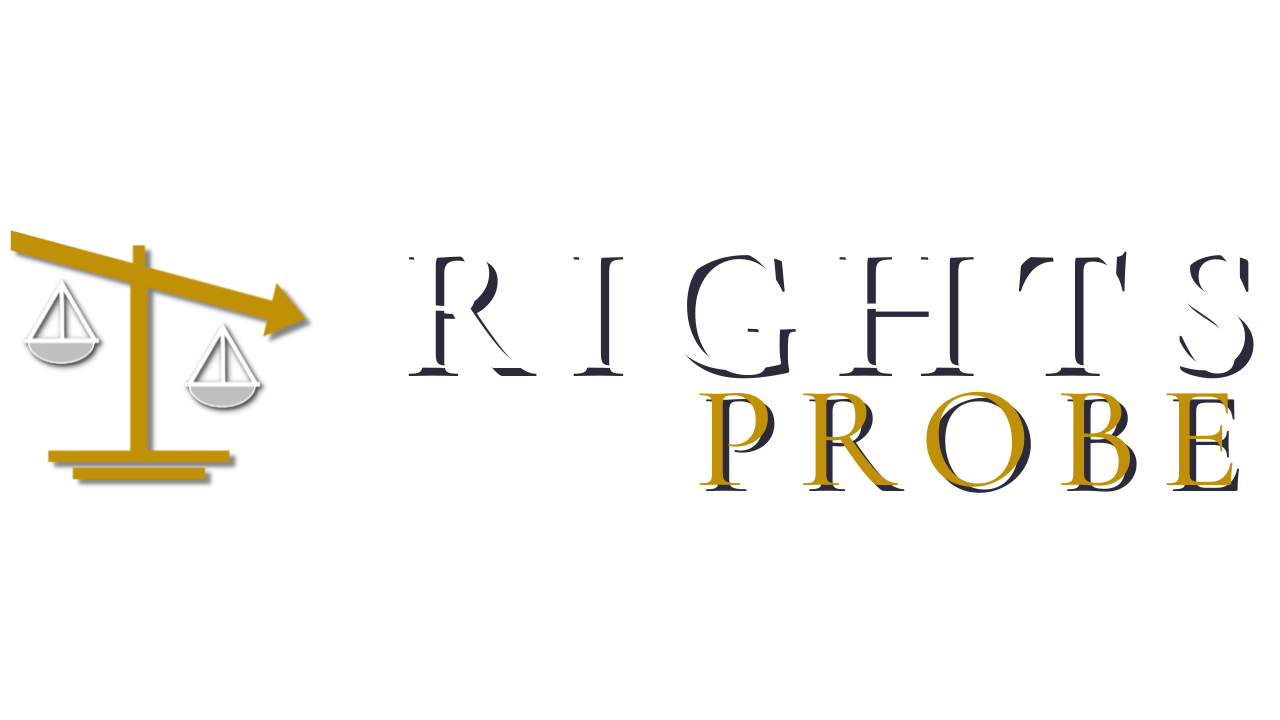Eby bringing B.C. to its knees with Aboriginal land deals
By Bruce Pardy | Published by the National Post | October 28, 2025
“It is finally dawning on British Columbians that obsequious devotion to reconciliation is putting their land at risk,” says law professor Bruce Pardy in his survey for the National Post on the threat posed by recent legal decisions to property rights and governance in the province.
Prof. Pardy argues Premier David Eby’s policies regarding Aboriginal land deals, influenced by the UN Declaration on the Rights of Indigenous Peoples, pose an existential threat to British Columbia’s future. He criticizes the Eby administration’s approach to reconciliation, claiming it undermines private property rights and transfers control of land to Aboriginal groups without adequate public consultation.
Recent decisions, such as recognizing Aboriginal title to Haida Gwaii and granting veto powers to First Nations over land use, are examples of a trend that could jeopardize the rights of non-Aboriginal residents.
The City of Richmond recently notified over 125 property owners that their land security is now in question. A letter from the city stated, “The Court has declared aboriginal title to your property which may compromise the status and validity of your ownership,” referencing a B.C. Supreme Court ruling that awarded Aboriginal title over 800 acres of land in Richmond to the Cowichan First Nation. The court emphasized that Aboriginal title is a “prior and senior right” to other property interests, impacting both public and private lands.
Last week, British Columbia’s Attorney General Niki Sharma asserted that fee simple title in private property is superior to Aboriginal title. Prof. Pardy calls Sharma’s claims of pursuing appeals against the Cowichan claim hypocritical, given that “her government did not robustly defend in court against the Cowichan claim. And in a dozen other ways, the Eby government has sought to put title and control of B.C. into Aboriginal hands.”
Although the government withdrew these proposals following public backlash, it continues to pursue agreements with specific Aboriginal groups, often without transparency or prior consultation.
Quoting abolitionist Wendell Phillips, Prof. Pardy writes:
“Eternal vigilance is the price of liberty; power is ever stealing from the many to the few” [1852]. Yet, he continues, “it’s quintessentially Canadian to be oblivious to the autocracy of one’s own governments,” noting that B.C. “is home to the most famous ostrich farm in the world, but it is the people who have had their heads in the sand.”
Read Bruce Pardy’s commentary in full at the publisher’s website here.
